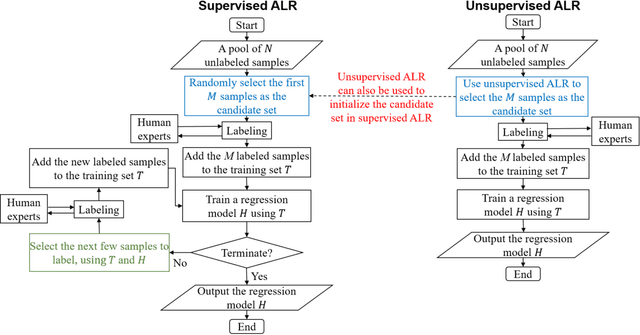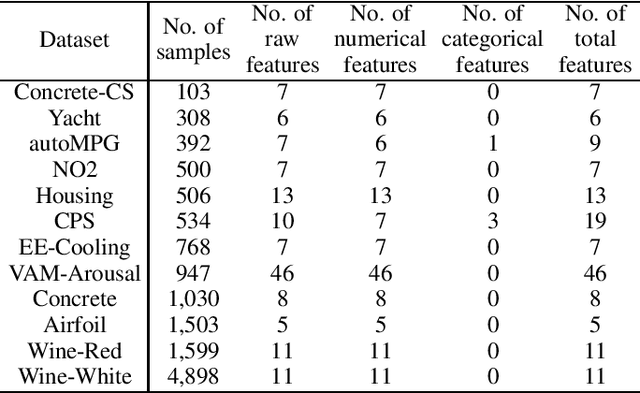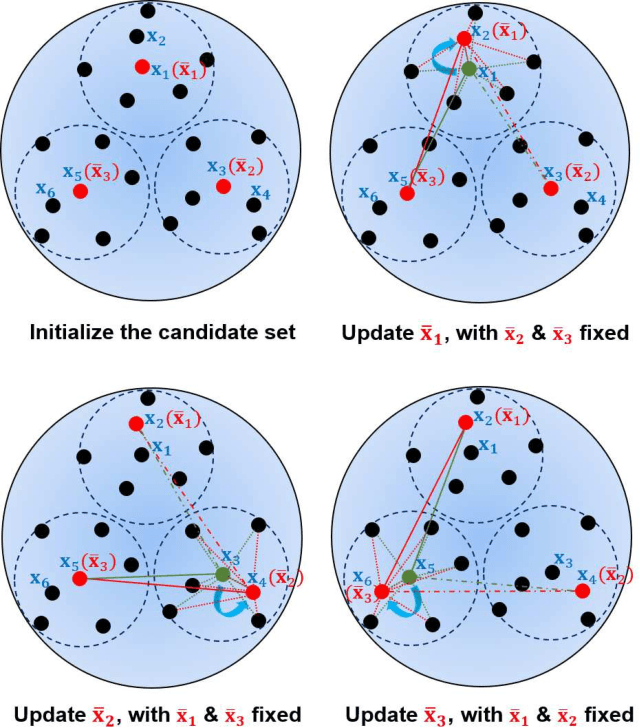Jiajing Liu
Channel Reflection: Knowledge-Driven Data Augmentation for EEG-Based Brain-Computer Interfaces
Dec 04, 2024Abstract:A brain-computer interface (BCI) enables direct communication between the human brain and external devices. Electroencephalography (EEG) based BCIs are currently the most popular for able-bodied users. To increase user-friendliness, usually a small amount of user-specific EEG data are used for calibration, which may not be enough to develop a pure data-driven decoding model. To cope with this typical calibration data shortage challenge in EEG-based BCIs, this paper proposes a parameter-free channel reflection (CR) data augmentation approach that incorporates prior knowledge on the channel distributions of different BCI paradigms in data augmentation. Experiments on eight public EEG datasets across four different BCI paradigms (motor imagery, steady-state visual evoked potential, P300, and seizure classifications) using different decoding algorithms demonstrated that: 1) CR is effective, i.e., it can noticeably improve the classification accuracy; 2) CR is robust, i.e., it consistently outperforms existing data augmentation approaches in the literature; and, 3) CR is flexible, i.e., it can be combined with other data augmentation approaches to further increase the performance. We suggest that data augmentation approaches like CR should be an essential step in EEG-based BCIs. Our code is available online.
Federated Motor Imagery Classification for Privacy-Preserving Brain-Computer Interfaces
Dec 02, 2024



Abstract:Training an accurate classifier for EEG-based brain-computer interface (BCI) requires EEG data from a large number of users, whereas protecting their data privacy is a critical consideration. Federated learning (FL) is a promising solution to this challenge. This paper proposes Federated classification with local Batch-specific batch normalization and Sharpness-aware minimization (FedBS) for privacy protection in EEG-based motor imagery (MI) classification. FedBS utilizes local batch-specific batch normalization to reduce data discrepancies among different clients, and sharpness-aware minimization optimizer in local training to improve model generalization. Experiments on three public MI datasets using three popular deep learning models demonstrated that FedBS outperformed six state-of-the-art FL approaches. Remarkably, it also outperformed centralized training, which does not consider privacy protection at all. In summary, FedBS protects user EEG data privacy, enabling multiple BCI users to participate in large-scale machine learning model training, which in turn improves the BCI decoding accuracy.
Pool-Based Unsupervised Active Learning for Regression Using Iterative Representativeness-Diversity Maximization (iRDM)
Mar 31, 2020



Abstract:Active learning (AL) selects the most beneficial unlabeled samples to label, and hence a better machine learning model can be trained from the same number of labeled samples. Most existing active learning for regression (ALR) approaches are supervised, which means the sampling process must use some label information, or an existing regression model. This paper considers completely unsupervised ALR, i.e., how to select the samples to label without knowing any true label information. We propose a novel unsupervised ALR approach, iterative representativeness-diversity maximization (iRDM), to optimally balance the representativeness and the diversity of the selected samples. Experiments on 12 datasets from various domains demonstrated its effectiveness. Our iRDM can be applied to both linear regression and kernel regression, and it even significantly outperforms supervised ALR when the number of labeled samples is small.
 Add to Chrome
Add to Chrome Add to Firefox
Add to Firefox Add to Edge
Add to Edge